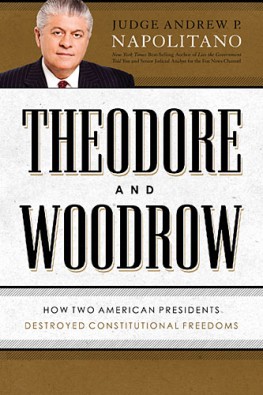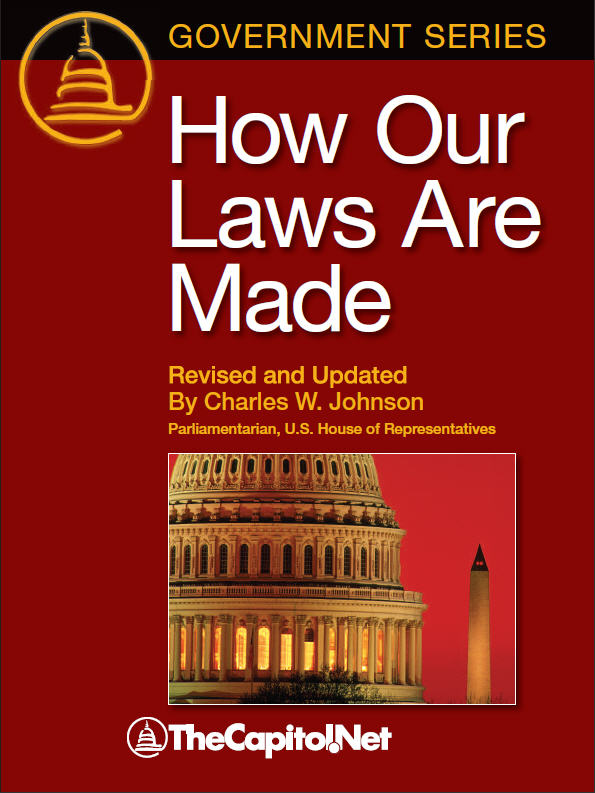. . .it is not far from the truth to say that Congress in session is Congress on
public exhibition, whilst Congress in its committee rooms is Congress at work.
Woodrow Wilson, Congressional Government, 1885.
Most matters are accomplished by Congress in committees. Each chamber of Congress has committees that are established to perform very specific functions, making it possible to accomplish complex work in much smaller groups. There are more than 150 congressional committees and subcommittees. Each is charged with a variety of different functions; however, they are all comprised of members of Congress. Although each chamber does have its own committees, there are joint committees that include members of both chambers of Congress.
The House has more than 20 Committees, and the Senate has 16 standing Committees, and there are 4 Joint Committees.
In addition, the Senate has four committees that have the responsibility of more specific tasks; ethics, Indian affairs, intelligence, and aging.
Committees are chaired by a member of the majority party who is usually a senior member of Congress. Members are assigned to specific committees by their party. There is a limit to the number of committees that a member may serve in the Senate.
In most instances, congressional committees handle the passage of laws. Thousands of bills may be proposed in a single year, but only a small percentage of those are actually considered for passage (see our “Congress by the Numbers” page).
A bill that passes will typically go through four steps in committee; written comments provided by executive agencies, hearings held with witnesses testifying, the measure tweaked by the committee, and then finally the bill is sent to the full chamber for debate.
While many committees are legislative in nature, that is not the case with all committees. Some are responsible for confirming government appointees or investigating government officials while oversight committees are responsible for ensuring that government functions are carried out.

Theodore and Woodrow: How Two American Presidents Destroyed Constitutional Freedom
Courses
- Congressional Operations Briefing – Capitol Hill Workshop
- Congressional Dynamics and the Legislative Process
- Drafting Federal Legislation and Amendments
- Understanding Congressional Budgeting and Appropriations
- Advanced Legislative Procedure
Publications
CongressionalGlossary.com, from TheCapitol.Net
For more than 40 years, TheCapitol.Net and its predecessor, Congressional Quarterly Executive Conferences, have been teaching professionals from government, military, business, and NGOs about the dynamics and operations of the legislative and executive branches and how to work with them.
Our custom on-site and online training, publications, and audio courses include congressional operations, legislative and budget process, communication and advocacy, media and public relations, testifying before Congress, research skills, legislative drafting, critical thinking and writing, and more.
TheCapitol.Net is on the GSA Schedule, MAS, for custom on-site and online training. GSA Contract GS02F0192X
TheCapitol.Net is now owned by the Sunwater Institute.
Teaching how Washington and Congress work ™


